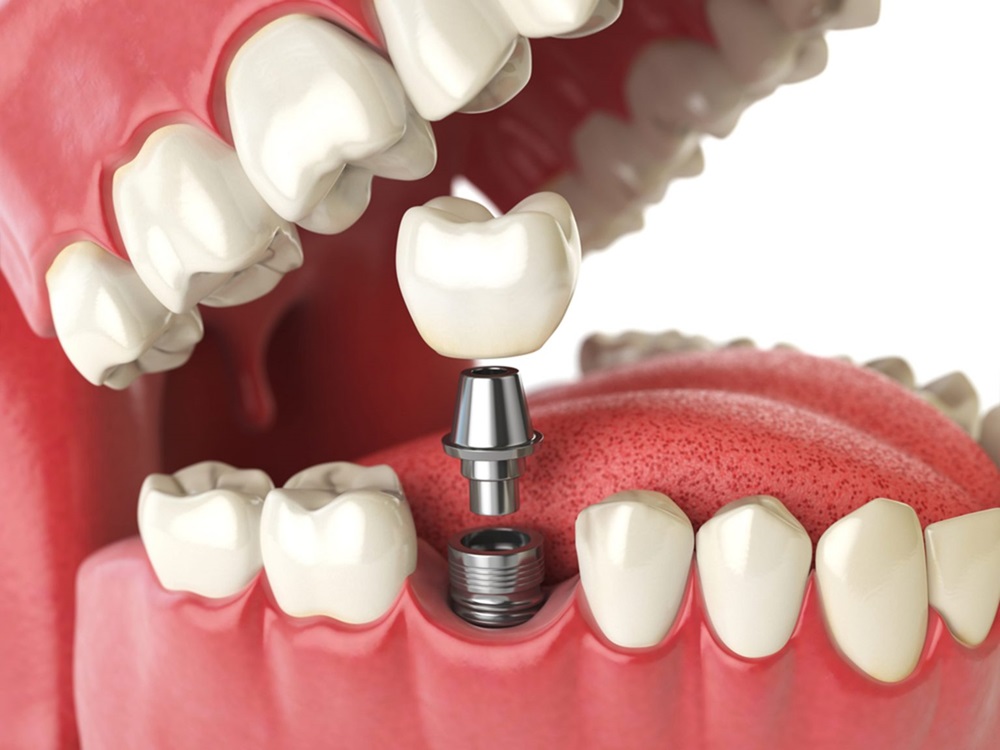Have you ever lost a tooth or know someone who did? It can be pretty tough. Fortunately, there’s an amazing solution called a dental implant. But how successful are these dental implants? Here, we will learn about dental implants in Saskatoon and discover how they work and their success rate in the simplest terms.
What Are Dental Implants?
Imagine you have a missing tooth. Instead of feeling self-conscious about it or struggling to eat your favourite foods, you can get a dental implant. A dental implant is like a tiny screw made of metal, usually titanium, that dentists place into your jawbone. This screw acts as a strong base for a new tooth, known as a crown, which looks and functions just like your natural teeth.
The Procedure: How Does It Work?
The process of getting a dental implant happens in several steps:
- Consultation: First, you visit the dentist, who checks if your jawbone is strong enough for an implant.
- Implant Placement: If everything looks good, the dentist places the metal implant into your jawbone. This might sound scary, but it’s usually done with a local anesthetic so that you won’t feel pain.
- Healing Time: After the implant is placed, it needs time to fuse with the jawbone. This process of osseointegration can take anywhere from days to several months.
- Abutment Placement: Once the implant is securely in place, the dentist attaches a small connector, called an abutment, to the implant.
- Crown Attachment: Finally, a custom-made crown is placed on the abutment, giving you a new, strong, and natural-looking tooth.
Success Rate of Dental Implants
Now that we know what dental implants are and how they’re placed, let’s talk about their success rate. The success rate of full implants is incredibly high, making them a reliable choice for replacing missing teeth.
- General Success Rate: Dental implants have a success rate of about 95-98%. This means that out of 100 people who get implants, 95 to 98 will have successful results.
- Longevity: With the proper care, dental implants can last a lifetime. Unlike natural teeth, implants are not prone to decay, but maintaining good oral hygiene is still crucial.
Factors Affecting Success Rates
Various factors can affect the success of dental implants. Let’s look at some key factors:
- Oral Hygiene: Just like natural teeth, dental implants need to be cleaned regularly. Brushing twice a day, flossing, and visiting the dentist can help keep implants healthy.
- Bone Health: Having enough healthy jawbones is essential. Sometimes, if there’s not enough bone, a dentist can perform a bone graft to add more bone to the area.
- Smoking: Smoking can slow down healing and increase the risk of implant failure. Quitting smoking can improve the chances of a successful implant.
- Overall Health: Conditions like diabetes or immune system issues can affect healing. It’s important to discuss your health with your dentist before getting an implant.
The Benefits of Dental Implants
Why are dental implants so popular? Here are some great benefits:
- Natural Look and Feel: Implants look and feel like your natural teeth, so you can smile confidently.
- Durability: With proper care, implants can last for many years and even a lifetime.
- Improved Eating and Speaking: Missing teeth can make it hard to chew or speak clearly. Implants change that, making eating and talking easier.
- Bone Health: Implants help maintain the jawbone’s structure, preventing bone loss that can happen with missing teeth.
Common Concerns and Myths
Some people might worry about dental implants, but many concerns are based on myths. Let’s explore a few dental implant myths:
Myth 1: Implants Are Painful: While placing the implant might sound painful, it’s usually done under anesthesia. Most dental patients feel zero to a little pain, like a pinch, during the procedure.
Myth 2: Implants Are Noticeable: Dental implants are designed to blend in with your natural teeth, so no one will know you have them.
Myth 3: Implants Are Only for Old People: People of all ages can benefit from dental implants as long as their jawbone is fully developed.
Taking Care of Your Implants
Just like your natural teeth, you have to cultivate a few habits to maintain your implants:
- Brush Regularly: Brush your teeth, including the gum implant, at least twice a day.
- Floss Daily: Floss around the implant to remove food particles and plaque buildup.
- Regular Dental Check-ups: Visit your dentist regularly to ensure the implant and surrounding teeth are healthy.
Saskatoon Smiles Dental Studio
Dental implants are a fantastic solution for missing teeth, offering a high success rate and many benefits. They look and feel natural, are durable, and can improve your overall quality of life. By understanding how they work and taking good care of them, you can enjoy a beautiful and healthy smile for many years.
Remember, if you ever lose a tooth, dental implants may be the perfect solution. If you are looking for a dentist in Saskatoon to get professional-grade dental implants, consult Saskatoon Smiles Dental Studio. We can discuss the procedure with you in detail so you can choose the best option for you!
